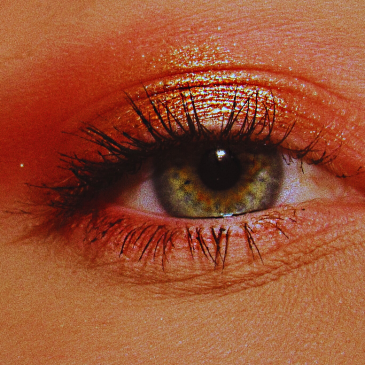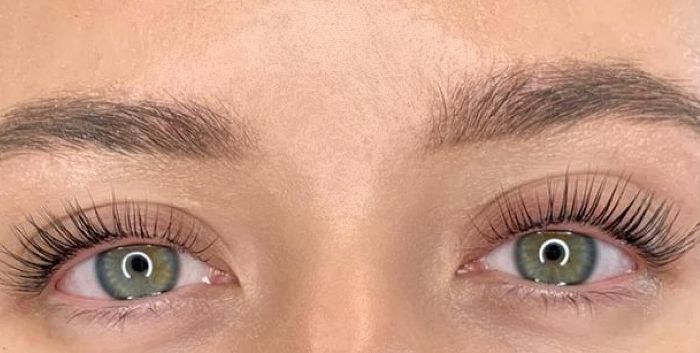The products on our daily menu affect our body weight as well as the appearance of the skin. Usually, when we go on a diet, we desire to lose weight so badly that we tend to forget that low-calorie meals are low-fat and may worsen the condition of the skin. In this article we go through certain foods to answer the question how your diet affects your skin.
Dairy products vs appearance of the skin
Going dairy-free improves the condition of the skin, or, to be more precise, fights acne. The cow’s milk contains testosterone and estrogen which might spark the acne breakouts. Both hormones trigger intensified production of thicker oil which – together with dead skin cells – clogs the pores and causes pimples to appear.
A dairy-free diet does benefit the skin but what to use to substitute this essential food ingredient? You surely shouldn’t reach for soy milk because it makes the skin sag leading to the premature occurence of wrinkles (as a consequence of adding large amounts of sugar to soy milk – the sugar particles react with proteins, such as collagen in the skin, which translates to the loss of plumpness). The calcium deficiency is another danger of going dairy-free – this leads to the damage to the bone of eye sockets, chin and nose, making the skin of these parts of the face flabby.
How to prevent these irreversible processes? Replace cow’s milk with almond or nut milk, obviously sugar-free – they are both rich in calcium. Also, you should enrich your menu with organic fish, eggs, whole grains, cruciferous vegetables, legumes, seeds, nuts and plant-based milk.
Proteins vs the appearance of the skin
The excess of proteins may lead to the premature aging, dehydration and the skin looking sallow. Additionally, protein-rich foods, such as canned meat and fish, are high in histamine which causes broken blood vessels, spider veins on the cheeks and redness.
What can we do to prevent that? Dehydrated skin cries for water, not fats. Instead of emollients, use hyaluronic acid serum, plus enrich your diet with complex carbohydrates, for example whole grains, quinoa or buckwheat as well as fruit and vegetables. Moreover, you need to increase your water intake to two or three liters per day.
Foods for flawless skin
We’ve already talked through the ingredients to be avoided. So, what foods have a positive effect on the skin? The leading group is made of pickled foods and fermented products such as sour milk, kefir or yogurt (they prevent inflammation) as well as prebiotics found in onion, legumes, wheat, oats and bananas (immunity booster).
Your skin is what you eat so eat healthy!




Leave a Reply